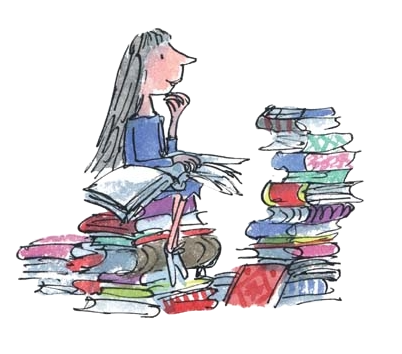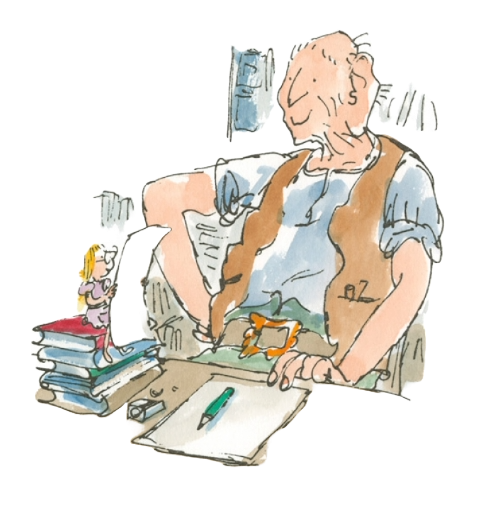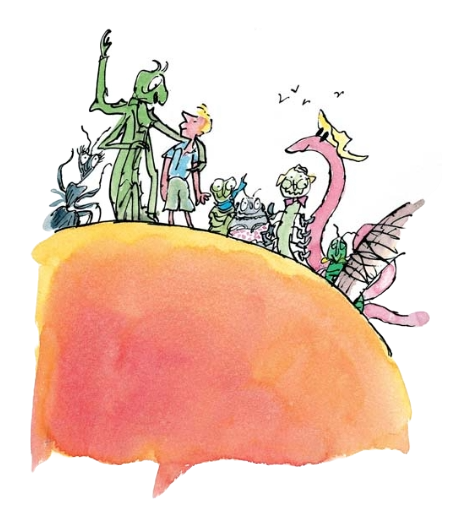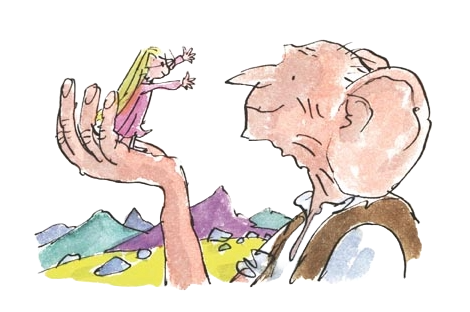Introduction

Dahl's first published work, inspired by a meeting with C. S. Forester, was "A Piece of Cake", on 1 August 1942. The story, about his wartime adventures, was bought by The Saturday Evening Post for US$1,000 (equivalent to $18,000 in 2022) and published under the title "Shot Down Over Libya".
His first children's book was The Gremlins, published in 1943, about mischievous little creatures that were part of Royal Air Force folklore. The RAF pilots blamed the gremlins for all the problems with the aircraft. The protagonist Gus—an RAF pilot, like Dahl—joins forces with the gremlins against a common enemy, Hitler and the Nazis. While at the British Embassy in Washington, Dahl sent a copy to the First Lady Eleanor Roosevelt who read it to her grandchildren, and the book was commissioned by Walt Disney for a film that was never made. Dahl went on to write some of the best-loved children's stories of the 20th century, such as Charlie and the Chocolate Factory, Matilda, James and the Giant Peach, The Witches, Fantastic Mr Fox, The BFG, The Twits and George's Marvellous Medicine.


